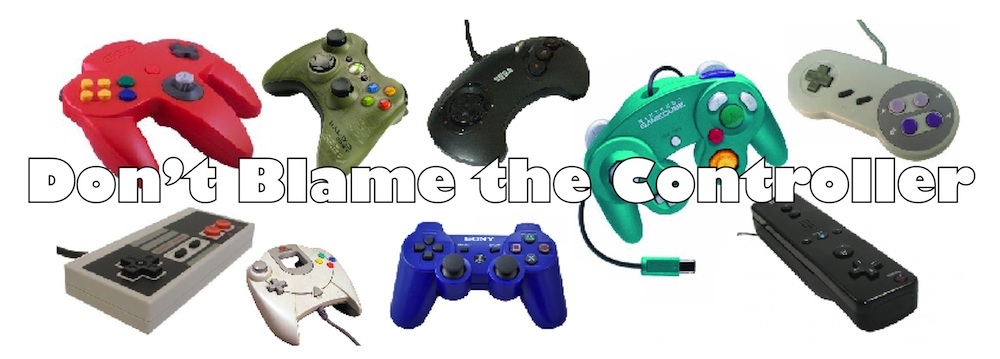 Return to Wuhu Island.
Return to Wuhu Island.Launch titles are important. They can raise the profile of a new video game system or doom it to obscurity. Pilotwings Resort, one of three first-party launch titles for the Nintendo 3DS, is not a “killer app” like Halo: Combat Evolved – which helped sell Microsoft’s Xbox – but it is a well-designed and well-presented game for players of all ages. If only it was a little bit longer.
The setting for Pilotwings Resort is Wuhu Island, an archipelago made famous in Wii Sports Resort for the Nintendo Wii. Although the graphics are nothing special – Monster Games simply recycled old Wii Sports designs and templates – Wuhu Island is capable of some truly breathtaking vistas, especially during sunset and especially with the 3D effect turned on.
Speaking of the 3D effect, in Pilotwings it enhances form and function. The 3D looks great: aircraft move believably around buildings, mountain peaks, and waterfalls, all of which are appropriately shallow or deep, depending on distance. During my first Wuhu mountain flyover, I actually inhaled nervously as my plane came dangerously close to a section of the mountain projecting upward and outward – it’s that realistic. But the extra depth that 3D technology brings is also practical. It is far easier to maneuver and land your aircraft (especially the rocket belt) with the 3D turned up.
Pilotwings Resort contains two modes of play: mission flight mode, in which players complete challenges with specific aircraft; and free flight mode, in which players can explore the exterior and interior of Wuhu Island using any type of aircraft. Mission flight mode is made up of roughly three dozen missions, which increase in difficulty as players move through higher levels, e.g., Bronze, Silver, and Gold. The learning curve in Pilotwings is exemplary; shorter, easier missions are gradually replaced with longer, trickier, and more demanding challenges. Aircraft used include a plane, hang glider, and rocket belt (think jet pack). At the end of each mission, players receive a score from one to three stars depending on a number of factors: completion time, accuracy, impact, checkpoints cleared, etc. Three-star scores are required to progress to the next mission tier.

Free flight mode, conversely, is a more leisurely experience. All of Wuhu Island is open for exploration via plane, glider, and rocket belt (along with a few hidden aircraft). Depending on the type of aircraft, certain icons, tokens, and trophies appear throughout the island. All can be collected and used to unlock 3D dioramas in the main menu. Free flight mode is particularly beneficial because mission flight mode is so short. In fact, the main game can be beaten in less than three hours. Sure, players can return to completed missions to achieve perfect scores, but most of Pilotwings’ replay value is in its free flight mode.
Pilotwings represents an interesting synthesis of old-school Nintendo magic and new-school Nintendo accessibility. On one hand, it features Mii characters and graphics similar to those in Wii Sports Resort; on the other hand, it embraces that old-fashioned “easy to learn, impossible to master” game mentality. The final product is a solid launch title for the newest Nintendo handheld.
Score: 7.5
